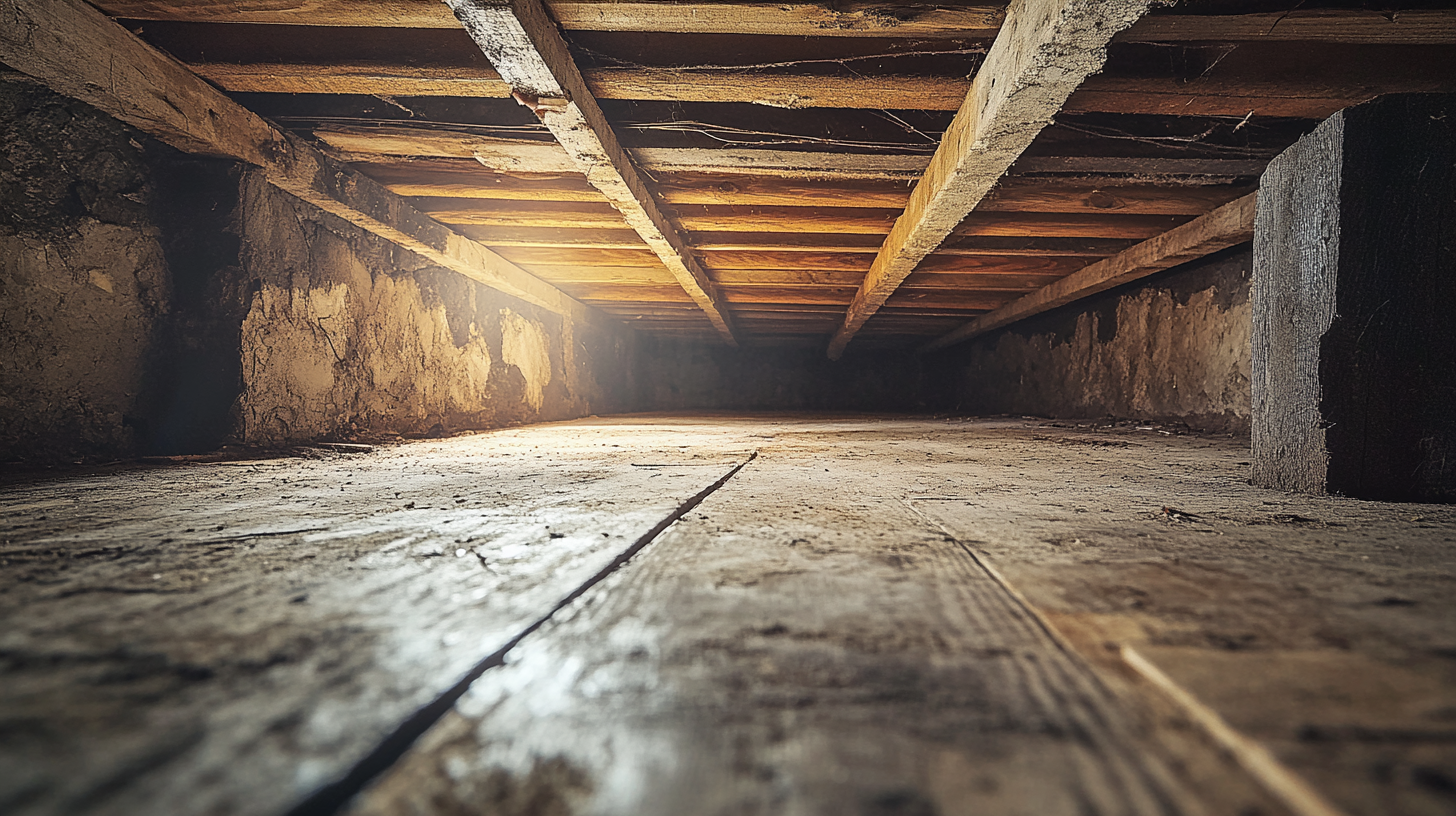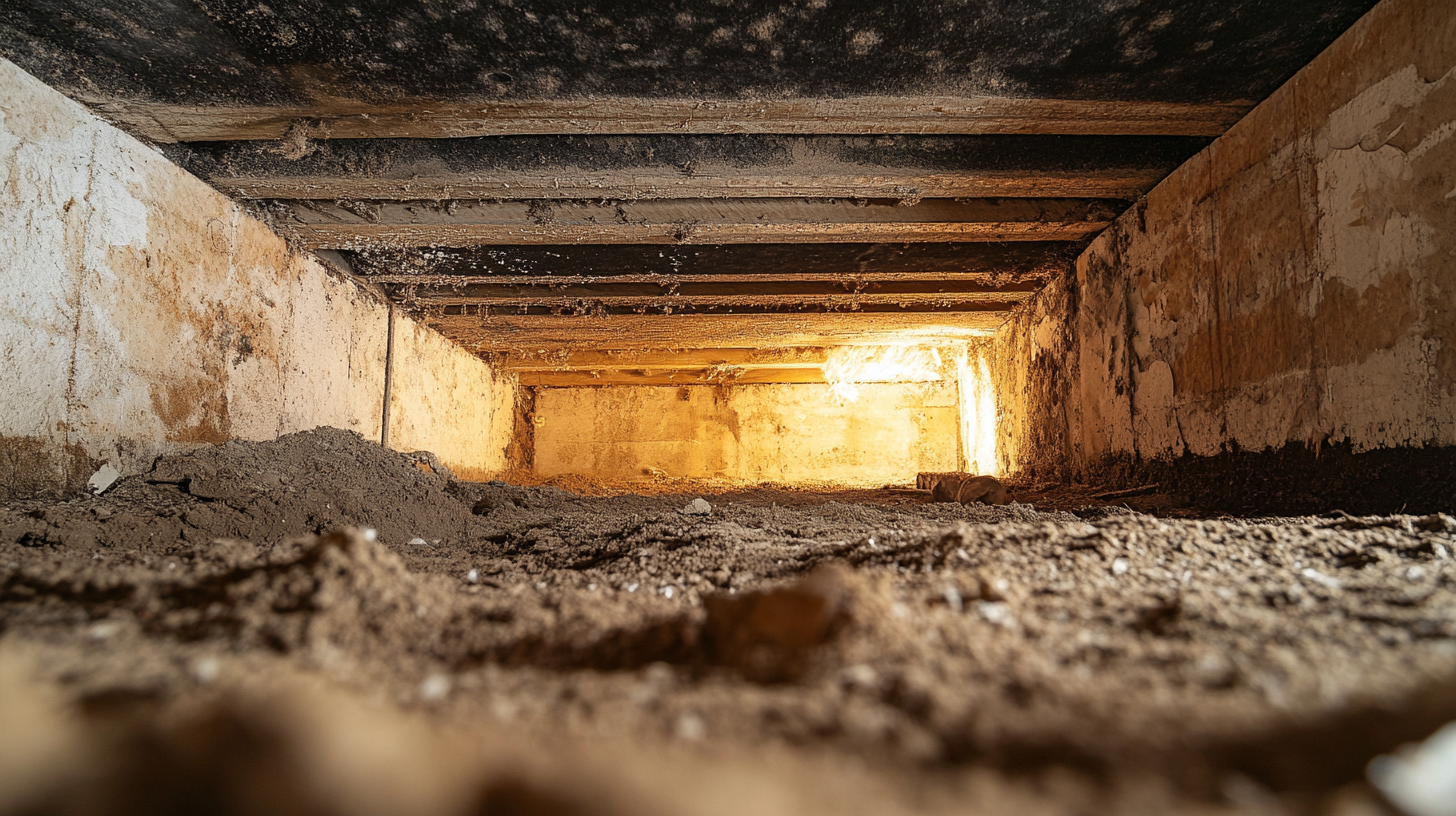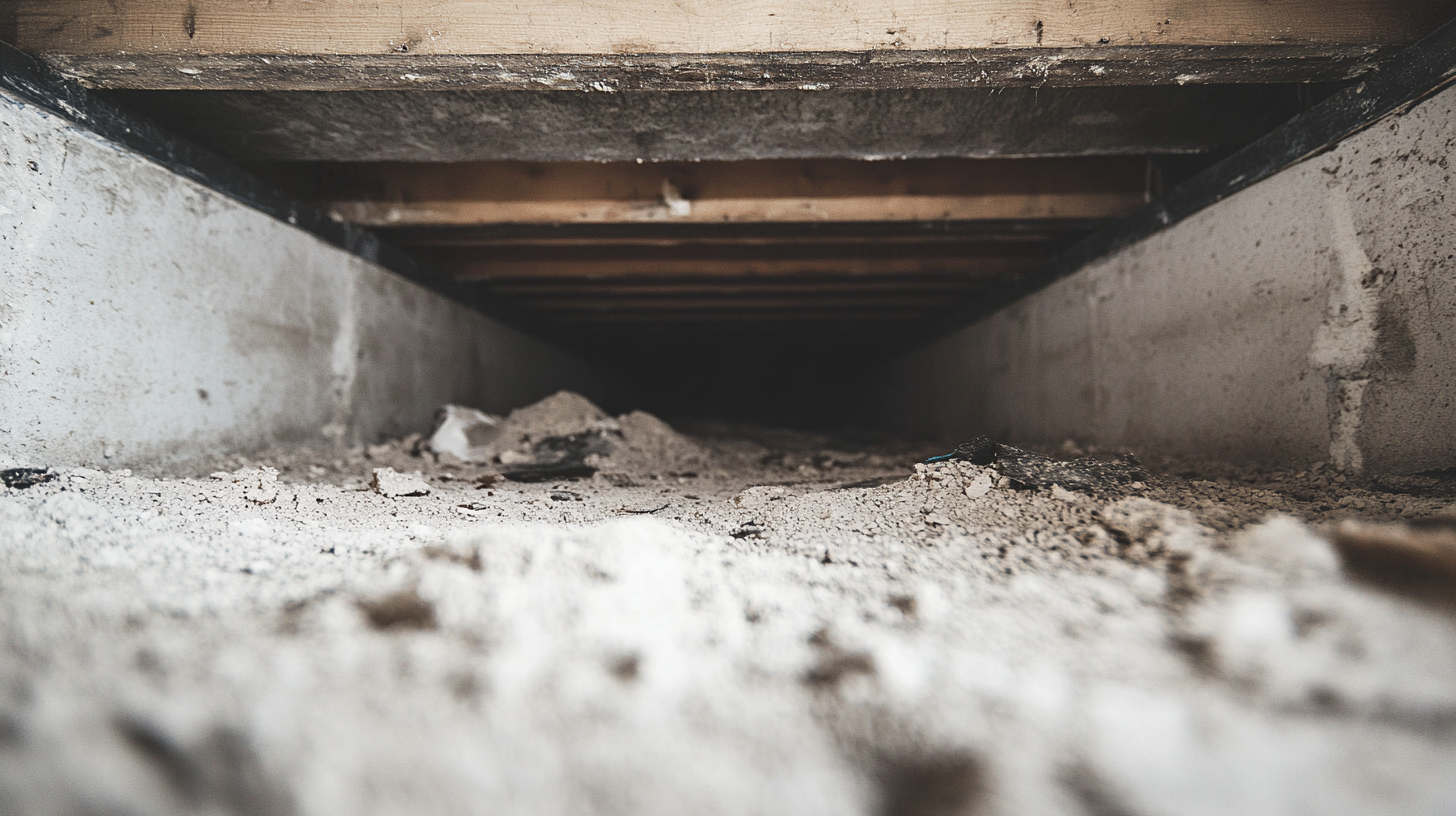Locally owned and operated.
Call Us Anytime: +1 843-304-6615
CLEANING & RESTORATION
24/7 Emergency Services:
Call us at 843-305-3383
Locally owned and operated.
Call Us Anytime: 843-305-3383
CLEANING & RESTORATION
24/7 Emergency Services:
Call us at 843-305-3383
The Benefits of Using Essential Oils for Odor Neutralization

Unwanted odors are a common problem in homes, offices, and shared spaces, affecting comfort and air quality. Whether caused by cooking, pets, smoke, or moisture, these persistent smells can create an uninviting atmosphere and even signal underlying issues such as mold or poor ventilation. While traditional chemical-based air fresheners are often used to address these odors, they tend to mask the problem rather than truly neutralize it. In some cases, they can even contribute to poor indoor air quality by introducing artificial fragrances and chemicals into the environment. In this blog, we’ll explore more effective, long-term solutions for neutralizing odors and creating fresher, healthier living and working spaces.
Why Essential Oils are Effective for Odor Neutralization
Essential oils have become a popular solution for odor control due to their natural properties and effectiveness. Unlike traditional air fresheners that simply mask unpleasant smells with synthetic fragrances, essential oils provide a safer and more sustainable approach to neutralizing odors, making them a preferred choice for many households.
Natural Deodorizing Properties
- How Essential Oils Work: Essential oils are derived from various plants and contain powerful natural compounds that help neutralize odors. These compounds work by breaking down odor-causing bacteria, fungi, and other microbes, preventing bad smells from lingering. Additionally, the pleasant and refreshing scents of essential oils, such as lavender, eucalyptus, or lemon, can mask odors while offering a more natural fragrance than chemical-based alternatives.
- Antimicrobial and Antibacterial Benefits: One of the key advantages of essential oils is their inherent antimicrobial, antibacterial, and antifungal properties. Many essential oils, such as tea tree, peppermint, and eucalyptus, can help eliminate the root causes of odors, such as bacteria and mold. This makes them particularly effective in areas prone to dampness or poor ventilation, where odor-causing microorganisms often thrive.
Safe and Eco-Friendly Alternative
- No Harmful Chemicals: Essential oils offer a natural, non-toxic alternative to commercial air fresheners, which often contain synthetic chemicals and artificial fragrances that can contribute to poor indoor air quality. Because essential oils are plant-based, they are safe to use in homes, even around children and pets, without the worry of exposing them to harmful substances.
- Sustainable and Environmentally Friendly: Derived from natural and renewable plant sources, essential oils are a more sustainable option for odor control. They do not contribute to indoor air pollution, unlike many chemical-based deodorizers that release volatile organic compounds (VOCs) into the air. This makes essential oils an environmentally conscious choice for those looking to reduce their carbon footprint while maintaining a fresh-smelling home.
Top Essential Oils for Neutralizing Common Household Odors
Essential oils are a natural and effective way to combat common household odors, offering both deodorizing properties and pleasant fragrances. Each essential oil has unique benefits and can be used in specific areas of the home to eliminate odors while promoting a fresh, clean environment.
Lavender
- Benefits: Lavender is well-known for its calming properties, making it a popular choice for creating a soothing atmosphere in the home. Beyond its relaxing effects, lavender essential oil is also effective at neutralizing unpleasant, musty odors, making it ideal for use in bedrooms, living rooms, and offices. Its gentle scent helps eliminate stale air while enhancing the overall ambiance of a space.
- Best Uses: Lavender essential oil works well in diffusers, which release its scent slowly throughout the room. For a quick refresh, you can also mix lavender oil with water in a spray bottle and lightly mist around the room to neutralize odors instantly.
Tea Tree Oil
- Benefits: Tea tree oil is renowned for its powerful antibacterial and antifungal properties, making it highly effective at neutralizing odors caused by mold, mildew, and bacteria. This makes it particularly useful in damp areas like bathrooms, basements, and laundry rooms, where odors often stem from excess moisture and microbial growth.
- Best Uses: Dilute tea tree oil in water and spray it in areas prone to mold and mildew, such as shower curtains, tile grout, or basement walls. It can help prevent odors from developing while tackling the source of the smell.
Lemon
- Benefits: Lemon essential oil has a bright, citrus scent that instantly freshens up a space and helps cut through lingering odors. Its antibacterial properties make it especially useful for eliminating smells in kitchens and garbage areas, where food scraps and waste can produce stubborn odors.
- Best Uses: Add a few drops of lemon oil to your cleaning solutions for an added boost of freshness, or use it in a diffuser to clear the air after cooking. You can also mix lemon oil with water in a spray bottle and mist around garbage areas to neutralize lingering smells.
Peppermint
- Benefits: Peppermint oil has a crisp, refreshing scent that effectively neutralizes strong odors like pet smells and smoke. Its antimicrobial properties make it an ideal choice for areas where bad odors tend to linger, such as pet beds or smoking areas. In addition to its deodorizing power, peppermint oil provides an energizing fragrance that revitalizes the atmosphere.
- Best Uses: Use peppermint essential oil in diffusers or mix with water to create a spray that can be applied to carpets, furniture, and pet areas. This helps eliminate stubborn odors while leaving a clean, invigorating scent.
Eucalyptus
- Benefits: Eucalyptus oil has a strong, clean scent that cuts through musty or stale odors, making it a great option for neutralizing smells in bathrooms, laundry rooms, or any area with high humidity. Its deodorizing properties work particularly well in spaces prone to moisture, where musty smells often develop.
- Best Uses: Add eucalyptus oil to a diffuser or create a spray to use in damp areas like bathrooms and laundry rooms. The refreshing scent helps clear the air, promoting better airflow and a fresher environment.
How to Use Essential Oils for Effective Odor Neutralization
Essential oils are a versatile and natural way to neutralize odors in your home. Whether you're looking to freshen up a room, tackle musty smells in small spaces, or even clean and deodorize surfaces, essential oils offer multiple methods to create a fresh and pleasant environment. Here’s how to use them effectively for odor control.
Using Essential Oils in Diffusers
- How Diffusers Work: Essential oil diffusers work by dispersing tiny particles of oil into the air, allowing the fragrance to spread throughout the room. As the essential oil particles circulate, they not only fill the space with a pleasant aroma but also help neutralize lingering odors by breaking down odor-causing molecules. This makes diffusers ideal for areas prone to odors, such as kitchens, bathrooms, or living rooms.
- Best Practices: To use a diffuser, add a few drops of your chosen essential oil to the water reservoir, following the manufacturer’s instructions. Place the diffuser in rooms where odors are common, such as near the kitchen or bathroom, or in larger living spaces to maintain a consistently fresh environment. Lavender, eucalyptus, and peppermint are great choices for neutralizing odors while promoting a calming atmosphere.
Creating DIY Odor Neutralizing Sprays
- Simple Recipe: Making your own odor-neutralizing spray with essential oils is easy and effective. Simply mix 10-15 drops of your favorite essential oil with 1 cup of water and 1 tablespoon of witch hazel or vodka (which helps the oil disperse evenly) in a spray bottle. Shake the mixture well before each use to ensure the oil and water are properly combined.
- How to Use: This DIY spray can be used in rooms where odors tend to linger, such as kitchens, bathrooms, or pet areas. Lightly mist the air, carpets, furniture, or around garbage cans to neutralize bad smells and leave behind a pleasant fragrance. Lemon and tea tree oils work particularly well for eliminating kitchen odors, while lavender and peppermint are great for freshening up living spaces.
Making Essential Oil Sachets or Air Fresheners
- Sachet Recipe: Essential oil sachets are a simple yet effective way to neutralize odors in smaller, confined spaces. To make them, add a few drops of essential oil to cotton balls or fabric squares and place them inside breathable bags, such as muslin or linen. The essential oil will gradually release its scent, neutralizing any unpleasant odors.
- Best Uses: Place these sachets in drawers, closets, or shoes to eliminate musty smells. They also work well in cars or other small spaces where odors may linger. Lavender, eucalyptus, and lemon oils are excellent choices for keeping these areas fresh.
Using Essential Oils in Cleaning Solutions
- All-Purpose Cleaner Recipe: Essential oils can also be incorporated into cleaning solutions to deodorize while disinfecting surfaces. To create a natural, odor-neutralizing cleaner, mix 1 cup of white vinegar, 1 cup of water, and 10 drops of an essential oil like lemon or tea tree oil. Vinegar acts as a natural cleaner, while the essential oils help deodorize the space.
- How to Use: Spray this solution on countertops, sinks, garbage bins, or any other surface that tends to collect odors. The essential oils not only neutralize bad smells but also leave a refreshing scent behind, while the vinegar helps to clean and disinfect the area. This is particularly effective in kitchens and bathrooms where odors and grime can build up quickly.
The Benefits of Using Essential Oils Over Chemical Air Fresheners
When it comes to keeping your home smelling fresh, essential oils offer a natural and healthier alternative to chemical air fresheners. By choosing essential oils, you can not only neutralize odors effectively but also enjoy numerous benefits that support better indoor air quality, versatility, and sustainability.
Healthier for Indoor Air Quality
- No Harmful Chemicals: Many commercial air fresheners contain volatile organic compounds (VOCs), which can contribute to indoor air pollution and negatively impact your health. These chemicals often include synthetic fragrances that mask odors rather than neutralize them, while also releasing potentially harmful substances into the air. Essential oils, on the other hand, are free from synthetic chemicals, supporting cleaner, healthier indoor air. They work naturally to break down odor-causing particles without introducing toxins into your home.
- Allergen-Free: For individuals with allergies or asthma, chemical deodorizers can be a major irritant, triggering symptoms like sneezing, coughing, or headaches. Essential oils, when used in moderation, are generally safer for individuals with sensitivities to synthetic fragrances. With the option to choose from a wide variety of essential oils, you can find those that work best for your specific needs while avoiding the risk of aggravating respiratory conditions.
Long-Lasting and Versatile
- Long-Lasting Scent: One of the key benefits of essential oils is their longer-lasting fragrance compared to synthetic air fresheners. The natural compounds found in essential oils linger in the air, helping to neutralize odors at their source rather than simply covering them up. This means that a few drops of essential oil in a diffuser or spray bottle can keep your home smelling fresh for hours without the need for frequent reapplication.
- Multiple Uses: Essential oils are incredibly versatile and can be used for much more than deodorizing. They are frequently employed in aromatherapy to promote relaxation, focus, or energy. Additionally, essential oils can be incorporated into cleaning solutions to disinfect surfaces, or even used as a natural pest control method. This versatility makes them a valuable tool for maintaining a healthier home environment, offering a multifunctional approach that chemical air fresheners simply can’t match.
Eco-Friendly and Sustainable
- Biodegradable and Natural: Essential oils are derived from natural plant sources, making them biodegradable and environmentally friendly. Unlike chemical air fresheners, which may contain harmful pollutants that contribute to air and water contamination, essential oils break down naturally and don’t leave a lasting negative impact on the environment. They offer a green solution for odor control, helping you maintain a fresh home while also protecting the planet.
- Sustainable Sourcing: Many essential oils are sustainably sourced, which supports eco-friendly practices and ethical farming. Responsible harvesting and production of essential oils help to preserve natural ecosystems, ensuring that plants are grown and harvested in ways that benefit both the environment and local communities. By choosing sustainably sourced essential oils, you contribute to the long-term health of the environment while enjoying effective and natural odor control.
Best Practices for Using Essential Oils Safely
Essential oils offer a natural, effective way to neutralize odors and refresh your home, but they are highly concentrated substances that need to be used carefully. By following a few best practices, you can enjoy the benefits of essential oils while ensuring they are used safely in your home.
Dilute Essential Oils
- Avoid Direct Application: Essential oils are highly concentrated, and using them directly on surfaces or skin can cause irritation or damage. To avoid this, always dilute essential oils before use. For sprays, essential oils should be mixed with water or another base to ensure even distribution and reduce the risk of irritation. Diluting essential oils also helps spread their fragrance more evenly throughout a space.
- Dilution Ratios: When creating sprays, use 10-15 drops of essential oil per cup of water for a balanced fragrance that won’t overpower the room. For cleaning solutions, a smaller concentration is typically sufficient—use 5-10 drops of essential oil per cup of cleaning base, such as vinegar or water. These dilution ratios help maintain the effectiveness of the oil while ensuring it’s safe for use around your home.
Test for Allergies or Sensitivities
- Patch Test for Skin: Some essential oils can cause allergic reactions or sensitivities, especially when used on surfaces that may come into contact with skin, such as bedding or furniture. Before applying an essential oil spray or cleaner in these areas, perform a patch test. Apply a small amount of the diluted oil to a hidden section of fabric or a small area of skin, and wait 24 hours to check for any irritation or reactions.
- Ventilate Well: Essential oils can have strong scents, and while they are natural, they can become overwhelming if overused or diffused in enclosed spaces. Always use essential oils in well-ventilated areas to avoid buildup of strong odors. Open windows, use fans, and ensure airflow when diffusing oils, especially in rooms with limited circulation. This helps prevent headaches or irritation from overly concentrated scents.
Store Essential Oils Properly
- Keep Oils in Dark Glass Bottles: Essential oils are sensitive to light, heat, and air exposure, which can degrade their quality over time. To preserve their potency and ensure they remain effective, store essential oils in dark glass bottles, which protect them from sunlight. Keep these bottles in a cool, dry place to further extend the shelf life of your essential oils and maintain their therapeutic properties.
- Keep Away from Children and Pets: While essential oils are natural, they are not always safe for everyone in your household. Some oils can be toxic to pets or may cause skin irritation in young children. Always store essential oils out of reach of children and pets, and be sure to research which oils are safe for use in homes with animals or small children. For instance, oils like tea tree and peppermint can be harmful to pets, so it’s important to use them cautiously.
FAQs
-
How do essential oils neutralize odors?
Essential oils neutralize odors by breaking down odor-causing bacteria and fungi, while their natural fragrances mask unpleasant smells, creating a fresher environment.
-
Are essential oils safer than air fresheners?
Yes, essential oils are safer because they don’t contain harmful chemicals like volatile organic compounds (VOCs) found in many chemical air fresheners, improving indoor air quality.
-
Can essential oils help with allergies?
Essential oils, when used in moderation, are less likely to trigger allergies or asthma compared to synthetic air fresheners. However, always test for sensitivities before use.
-
Are essential oils eco-friendly?
Yes, essential oils are eco-friendly, as they are biodegradable and made from natural plant sources. They do not contribute to air or water pollution like chemical-based deodorizers.
-
Do essential oils have multiple uses?
Yes, in addition to odor neutralization, essential oils can be used for cleaning, aromatherapy, and even pest control, making them versatile for maintaining a healthy home environment.
Contact Fast Response Cleaning & Restoration Today!
Fast Response Cleaning & Restoration will do everything we can to ensure your experience with us is excellent.
Request A FREE Estimate
Request A FREE Estimate Form
We will get back to you as soon as possible.
Please try again later.
CHECKOUT RECENT POST



Have an Emergency? We're Here to Help!
When it comes to disaster cleanup, we are a seasoned veteran in the industry and have helped hundreds of property owners just like you.
Our disaster recovery teams are available 24-7 to quickly clean up and repair disasters of all types.

We're looking forward to providing you with our outstanding services!
COMPANY INFO
ADDRESS: 307 Cold Creek Pass, Bluffton, SC, 29910, United States
EMAIL: office@fastresponsecr.com
PHONE: 843-305-3383
OFFICE: 843-304-6615
HOURS
SUNDAY: Open 24 Hours
MONDAY: Open 24 Hours
TUESDAY: Open 24 Hours
WEDNESDAY: Open 24 Hours
THURSDAY: Open 24 Hours
FRIDAY: Open 24 Hours
SATURDAY: Open 24 Hours
Copyright © 2021 Fast Response Cleaning & Restoration
Fast Response Cleaning and Restoration FL | Sitemap | Privacy Policy